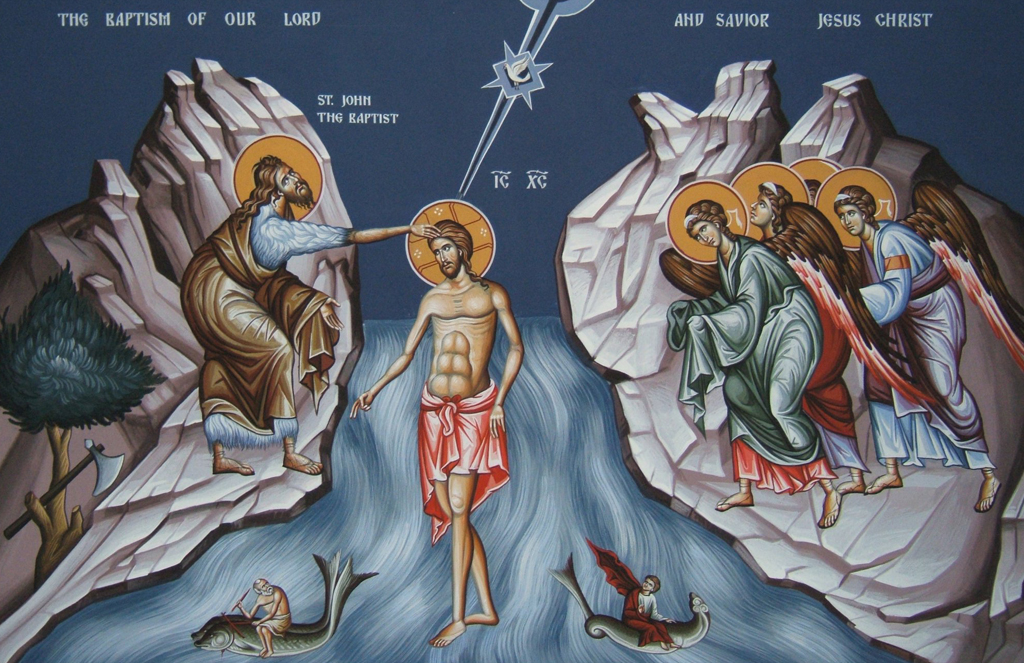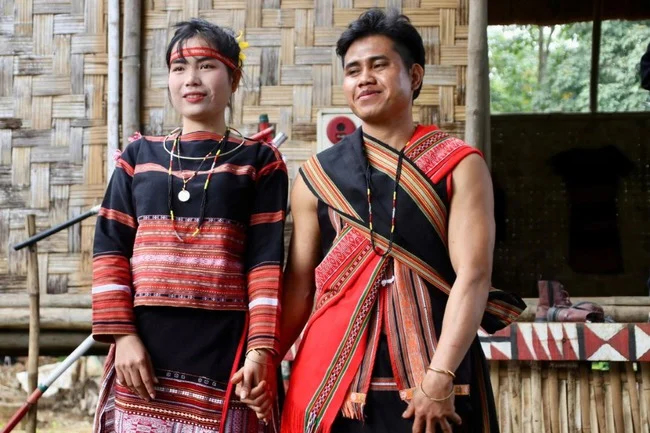– Tej Francis
VATICAN
CITY YOUTH SYNOD BISHOP: THE WORLD IS RICH IN TECHNOLOGY & POOR IN PRINCIPLES
(CNA/EWTN News) A Polish archbishop participating in the Vatican synod on youth said Thursday that today’s young people have benefited from technological progress, but face a world that is “poorer in principles.”
Archbishop Stanisław Gądecki of Poznan discussed technology and ethics during his homily at an Oct.4 Mass celebrated at the tomb of St. John Paul II in St. Peter’s Basilica. The Polish archbishop is a participating in the Oct. 3-28 Synod of Bishops convoked to discuss young people, the faith, and vocational discernment.
This new synod reminds us of the need to pray for all the world’s young, to whom the synod now beginning is dedicated,” added Gądecki, who is president of the Polish bishops’ conference and a Synod father. Gądecki’s homily in St. Peter’s Basilica echoed ideas about young people’s use of technology from the Vatican’s pre-synod document published in March.
“Technology can be detrimental to human dignity if not used with conscience and caution and if human dignity is not at the center of its usage,” that document says, making particular reference to the fields of bioethics and artificial intelligence.
The pre-synod document also warns against the “isolation, laziness, desolation and boredom” that can come from young people’s obsessive consumption of media, in addition to the long-term risks of a “loss of creativity” and concentration. “While technology has, for some, augmented our relationships, for many others it has taken the form of an addiction, becoming a replacement for human relationship and even God.”
“The Church should address the widespread crisis of pornography, including online child abuse, as well as cyber-bullying and the toll these take on our humanity,” the pre-synod document concludes. It also acknowledged that the Church can benefit from the depth of understanding that young people can offer the church to assist in discerning its usage, noting that “the Church should view technology – particularly the internet – as a fertile place for the New Evangelization.”
BEIJING
CHINA-VATICAN AGREEMENT: A NEW BEGINNING, A NEW DIRECTION, TWO SMALL IMPORTANT CHANGES
(AsiaNews) On 22 September the Chinese Ministry of Foreign Affairs and the Vatican Section for Relations between the States of the Holy See reached a “tentative agreement” on the future nomination and appointment of the bishops of China. For the Catholic Church it is a historical turning point, a unique event 70 years after the institution of the People’s Republic of China.
Although the details of the agreement have not been disclosed, we can all imagine how after four years of dialogue, the agreement can only be a win-win for both parties. Compared to its position on the two cardinal principles of relations with the Vatican in the 1980s and 1990s, there has been a very clear change by the Chinese government that cannot be ignored.
We can believe that, within the dialogue between the Chinese government and the Vatican, over the next two or three years (in reference to what was said by Jeroom Heyndrickx to Radio France International, RFI) this agreement will favor the solution of the questions connected with the Chinese Catholic Church, the opening of a road to full communion and harmony between the official and the unofficial community, and with the Pope.
As for the Catholic Church, the request for dialogue with the Chinese government – which begun under the inspiration of Pope John Paul II and Pope Benedict XVI – with the aim of a full unity of communion for the Church in China – has taken a huge step forward. As is obvious, this dialogue has been the object of attention, analysis and embarrassment for the media and many members of the Church.
For the Vatican, the China-Vatican Agreement is a good start. Only mutual respect and the will to go forward together with the three parties involved, the Chinese government, the Vatican and the Catholic Church in China, will lead to find a common way to solve the other problems that are still unresolved: that of the “underground bishops”, the role of the Council of Bishops, the agreement on the number and territory of the dioceses, and so on.
JOS, NIGERIA
FOUR CHILDREN, GRANDMOTHER AMONG 17 CHRISTIANS SLAIN IN ATTACK BY MUSLIM HERDSMEN IN NIGERIA
(Morning Star News) Armed Fulani herdsmen accompanied by militants in Nigerian army uniforms killed 17 Christians in their homes in the heart of Jos, north-central Nigeria, on Thursday (Sept. 27), including four children, area sources said.
At about 7:30 p.m. in an area known as Rukuba Road, the assailants broke into one home shooting randomly and killed 14 members of one family, including 15-year-old Ishaya Kogi, 17-year-old Jonathan Kogi, Cynthia Kogi, 22, and Lucky Kogi, 25, their uncle told Morning Star News.
Two of Lucky Kogi’s children, 3-year-old Majesty Lucky and Blessing Lucky, 14, were also killed in the assault, he said. “When the Fulani herdsmen came, they shot into the house randomly, breaking and forcing their way into rooms shooting defenseless women and children and anyone in sight,” the mournful Rogu Audu, who lost his mother and two of his own children in the attack, told Morning Star News.
The 50-year-old member of ECWA church, Blue Zinc, Rukuba Road, Jos, said his mother, Kande Audu, 75, was killed in the assault, along with two of his children – Ruth Rogu, 18, and Dorcas Rugu, 20. The two had gone to their grandparents’ house to take them dinner, he said.
The attack took place close to the Nigerian army military cantonment, Rukuba Barracks, in Jos. Surviving family members told Morning Star News that the Fulani herdsmen, armed with both firearms and machetes, were accompanied by Nigerian army soldiers.
Attacks by Fulani militant herdsmen have increased in the past three years, according to Jubilee Campaign. “Since the beginning of 2018, the violence is again spiking with reported deaths attributed to Fulani militant herdsmen climbing to at least 1,860 people, with an additional 300 plus victims claimed by Boko Haram,” Jubilee reported earlier this year. “Again, most of these victims are Christians from small ethnic minority communities in the northeastern states.”
Christians make up 51.3 percent of Nigeria’s population, while Muslims living primarily in the north and middle belt account for 45 percent. Nigeria ranked 14th on Open Doors’ 2018 World Watch List of countries where Christians suffer the most persecution.


 Follow
Follow


